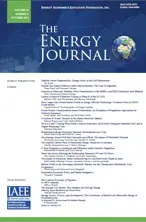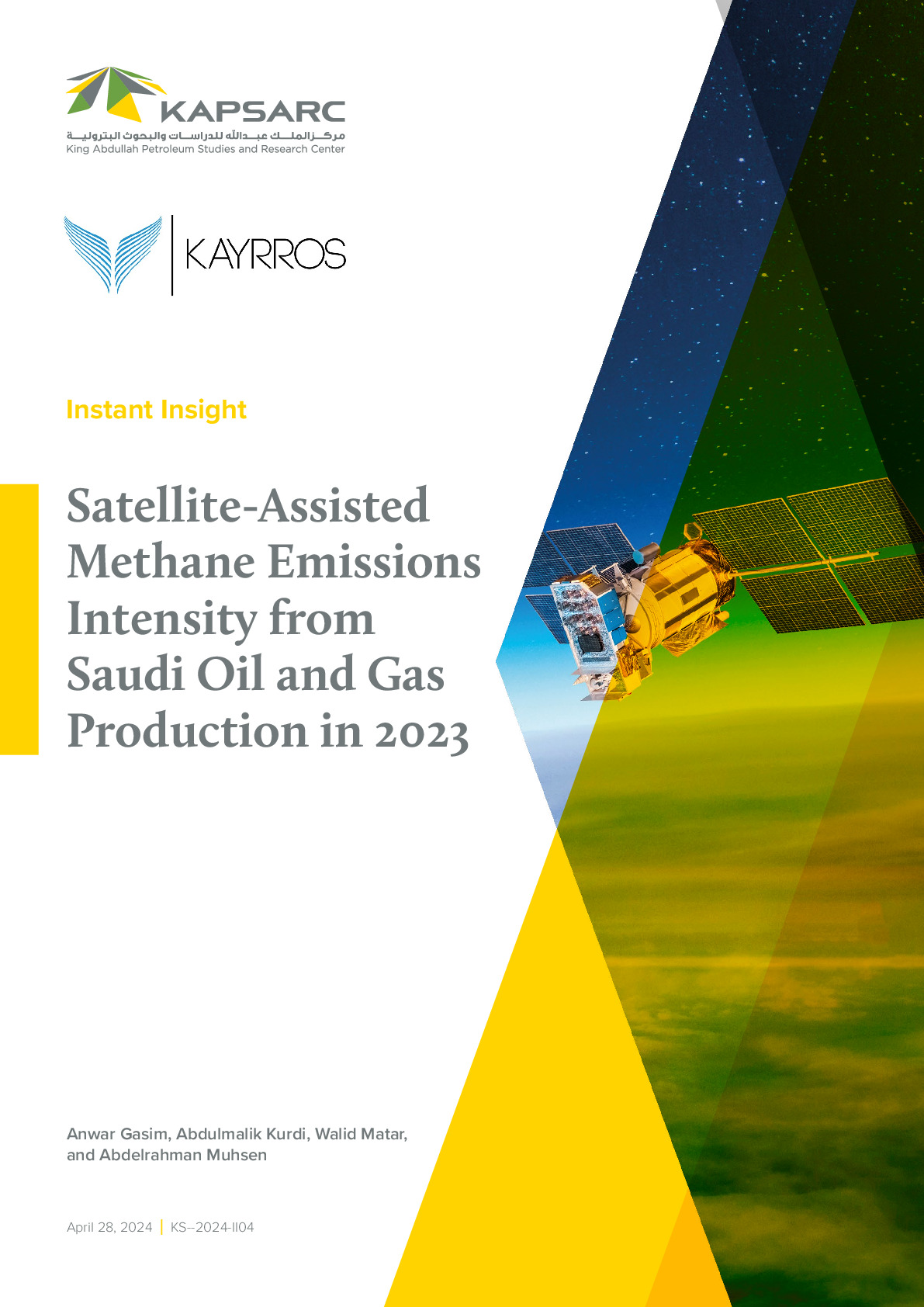In the face of low international oil prices, countries in the Gulf Cooperation Council recently implemented fuel price reform across a number of sectors. Saudi Arabia, for example, announced in December 2015 an increase in the gasoline price. We undertook a welfare analysis in this paper to estimate the net gain in social welfare that resulted from this price increase.

Fellow II
Anwar is an energy and environmental economist with an engineering background and over a decade of research and advisory experience…
Anwar is an energy and environmental economist with an engineering background and over a decade of research and advisory experience around the areas of energy demand, greenhouse gas emissions, energy price reform, and carbon pricing. He currently leads multiple cross-functional teams on key projects tackling these areas, with a proven track record of publishing high-impact papers, providing consulting services to policymakers, and building the capabilities of talent within the organization. Anwar’s research has been published in leading energy and environmental journals and has been picked up by leading news media. Anwar also has experience transforming organizations, having been a member of task forces responsible for refreshing organizational strategy and building human capital. Anwar is currently wrapping up a Ph.D. from UCL in Sustainable Resources (sub-specialization in Economics). He holds an M.Sc. from KAUST in Electrical Engineering and a B.Eng. from the University of Liverpool in Electronics and Communication Engineering.
Expertise
- Energy price reform; Energy demand; Measuring GHG emissions; Carbon pricing; Carbon markets
Publications See all Anwar Gasim’s publications

Projecting Saudi Arabia’s CO2 Dynamic Baselines to 2060: A Multivariate Approach
In the face of low international oil prices, countries in the Gulf Cooperation Council recently…
12th June 2024
Satellite-Assisted Methane Emissions Intensity from Saudi Oil and Gas Production in 2023
In the face of low international oil prices, countries in the Gulf Cooperation Council recently…
28th April 2024
